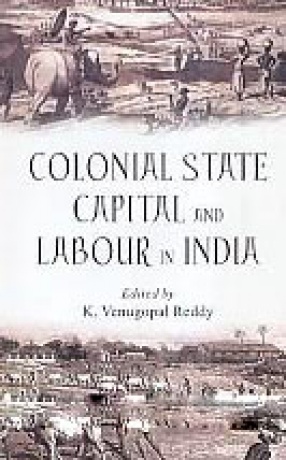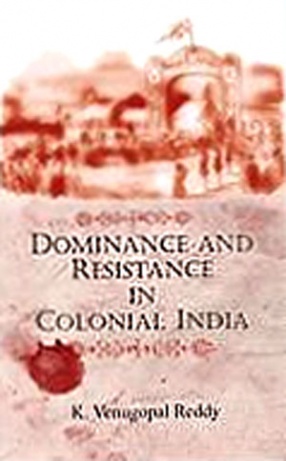
Showing all 4 books

This compendium of nine papers attempts to examine the functions of the colonial state in India’s social, political and economic evolution. Focusing on its role in the development of the underdevelopment in the country, it traces the emergence of new social classes and the dynamics of their development.
Further it explores the several possible ways of looking at the relationship between Gandhi and indigenous capitalist class as well as industrial labour. It ...

The book makes an attempt to present the trajectory of colonial dominance and the resistance that it engendered in colonial India. It presents the nature of transformation triggered by the colonial state in varied fields and the beginning of resistance against different forms of entrenched dominance. It focuses on multiple zones of conflict and collective actions of diverse social groups. It also aims to explore and debate the plurality of resistance and the ...

The book explains critically the process of formation of the industrial workers into a class and mobilization of this class in support of the nationalist movement in the Madras Presidency during the period, 1928-1939. It highlights the role of the social and economic milieus, the Indian National Congress, the working class organizations, the radical literature, the radical press and the repressive measures of the Colonial State in influencing the class ...

The book explains critically the development of working class and mobilization of this class in India’s struggle for Independence in the Madras Presidency during the period 1918-1922. Therefore, the chief concern of this book is to probe the relationship between the Indian national movement and the working class movement. The study covers formally the whole of Madras Presidency but it concentrates on the Madras city, where the labour struggles and national ...
